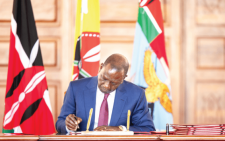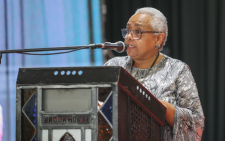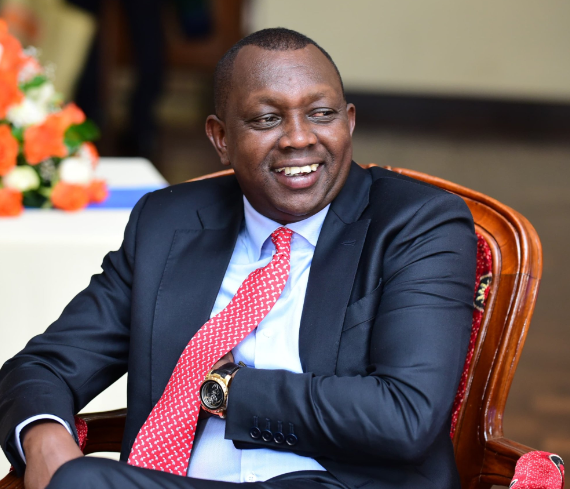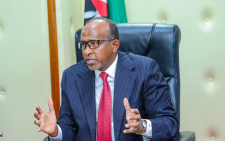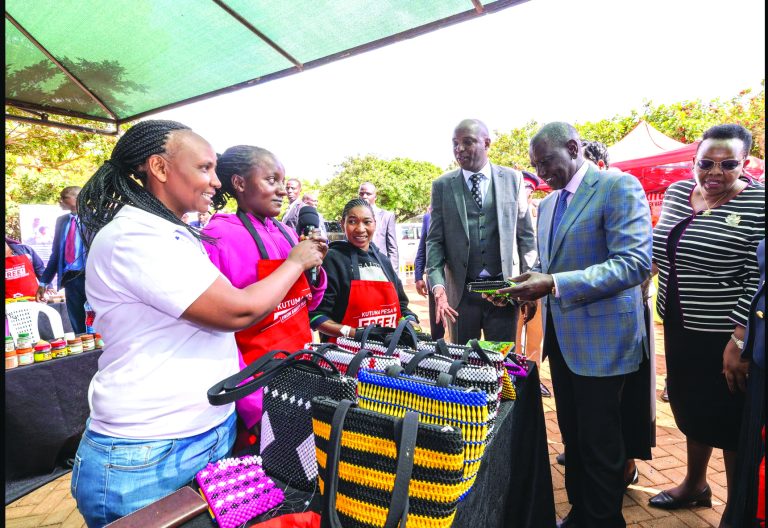Independent judiciary, key to fighting corruption
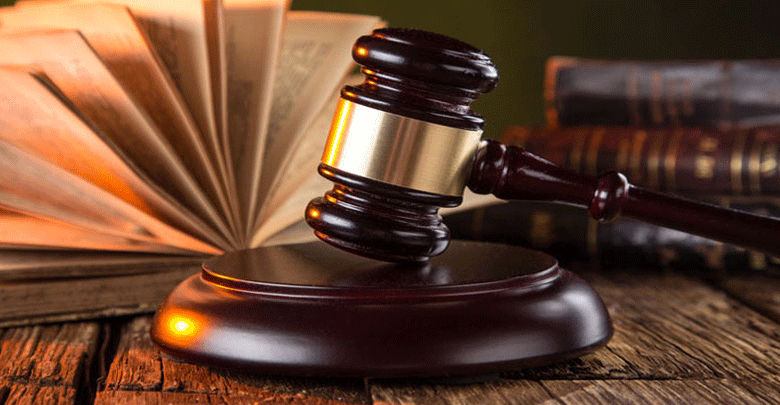
Charles Onyango
Corruption in Kenya majorly involves the mafia taking money from small successful businesses, spend it in Nairobi on favoured industries, on favoured individuals, picking winners and losers in the economy.
Economists would call it “corporate welfare society” — where the vested interests don’t exhibit any willingness to divest themselves unless there are sufficient force to compel them, but with painful risks for whistleblowers.
A 2011 International Peace Institute report, Termites at Work: Transnational Organised Crime and State erosion in Kenya said rampant corruption within the police force, judiciary and other state institutions has enabled such criminals to penetrate political institutions.
It further stated that, “Endemic corruption and powerful transnational criminal networks are ‘White-anting’ state institutions and public confidence in them”.
These ‘termites’, it mentioned, are hollowing out state institutions, thereby rendering them impotent.
It detailed that the Kenyan cartel comprises state officials, former and current MPs, activists linked to politicians — including prominent businesspeople.
A report published in 2016, following five-year survey, stated that a tiny clique of 8,300 super-wealthy individuals control nearly two-thirds of Kenya’s Sh5 trillion economy.
A small group of 105 of these super-rich Kenyans reportedly own about a fifth of the country’s gross domestic product.
The question is whether these “super-rich individuals” work harder than everyone else to make their millions.
Are they just lucky or blessed? Since independence, public office whether, elective or appointive, has remained the most important stepping stone to wealth through corruption, land grabbing and all manner of economic crimes against the people of Kenya.
A lot of taxpayers’ money is gobbled up in this way, while citizens are told that there are no adequate funds to meet their many needs – including health.
In 2011 and 2012, for instance, two prominent Kenyans announced that they had cancer.
The two, then cabinet ministers in charge of medical services and public health, flew out of the country to be treated at some of the world’s best hospitals — at public expense.
Upon their return ry, one of them lamented that Kenya was using technology discarded 20 years ago to fight the disease. But unlike them, many cancer patients are on their own.
They do not have the money to even go to a good private hospital in Kenya. If the government had invested in health and medical services, perhaps they would now be cancer free as well.
Kenya has wealth and is discovering more in minerals, oil and gas, and citizens pay lots of taxes.
Foreign loans amounting to dizzying figures are procured in their name every year, but they have to get their own money to access quality medical services, education for their children, water, personal security, housing, etc.
In a nation with diminishing opportunities for most ‘ordinary citizens’, one will have to work extremely hard, deny themselves many things, ‘plant a seed’ (give money) at altars of assorted prophets and apostles, pray and fast, steal, offer bribes, kiss boots of the high and mighty, to get the basics of life.
Indisputably, the judiciary plays a fundamental role in safeguarding rule of law and access to justice.
However, it has been riddled with interference from other arms of government.
But in interests of weeding out corruption wherever it occurs, it will be essential to ensure independence and accountability of the judiciary. Because if it becomes corrupted, we lack legitimate and effective redress. — Charlesdarwin040@gmail.com


